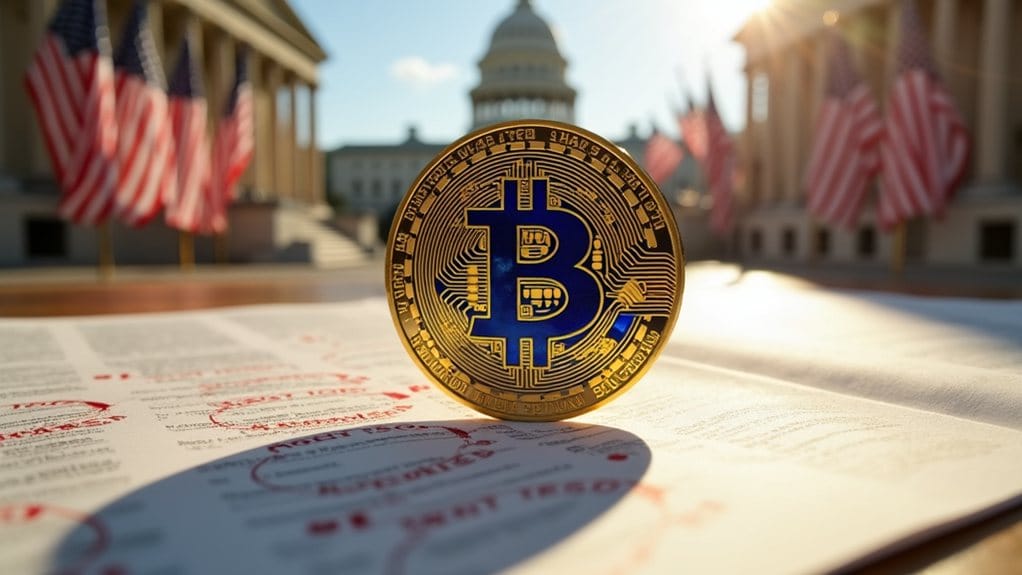As the landscape of governmental oversight continues to evolve amidst political shifts, businesses across multiple sectors find themselves steering through an increasingly complex regulatory environment. The incoming administration is expected to reverse previous reforms, creating a potential whiplash effect for organizations that had adapted to existing frameworks. This regulatory uncertainty is compounded by landmark judicial decisions, particularly the Loper Bright Supreme Court ruling, which greatly curtails agency power and redefines the scope of regulatory authority.
The financial sector anticipates particular volatility as capital markets potentially shift toward deregulation while simultaneously facing improved transparency requirements. Firms must navigate the seemingly contradictory directives of integrating SEC’s Regulation Best Interest into their operations while preparing for reduced oversight in other areas.
Financial firms face regulatory paradox: implementing enhanced transparency requirements while bracing for potential deregulation in other domains.
The implementation of central clearing requirements for Treasury and repo markets presents additional compliance hurdles that demand considerable operational adjustments and system reconfigurations. Nationwide consumer-reported fraud losses exceeding $10B annually heighten the urgency for enhanced financial crime prevention measures.
Technological governance represents another critical battleground, with artificial intelligence and cybersecurity emerging as focal points of regulatory attention. The lack of a national standard for privacy regulations creates a patchwork compliance environment for businesses operating across state lines. Despite limited federal privacy frameworks in the United States, global influences—especially the European Union’s extensive AI regulations—are creating de facto standards that American companies cannot ignore.
This international regulatory divergence creates compliance complications for organizations operating across multiple jurisdictions, necessitating sophisticated governance structures.
Consumer and investor protections hang in the balance as regulatory priorities shift. While some safeguards may face rollbacks under a deregulatory agenda, fiduciary standards and disclosure requirements likely remain emphasized to maintain market integrity.
The tension between facilitating innovation and ensuring appropriate oversight continues to challenge regulators and market participants alike.
The cumulative effect of these regulatory shakeups introduces considerable market uncertainty and operational complexity. Organizations must develop adaptive compliance strategies that anticipate regulatory changes while maintaining operational efficiency, a balancing act that increasingly defines competitive advantage in heavily regulated industries.
This regulatory flux ultimately determines not just compliance burdens but fundamental market structures and competitive dynamics.









